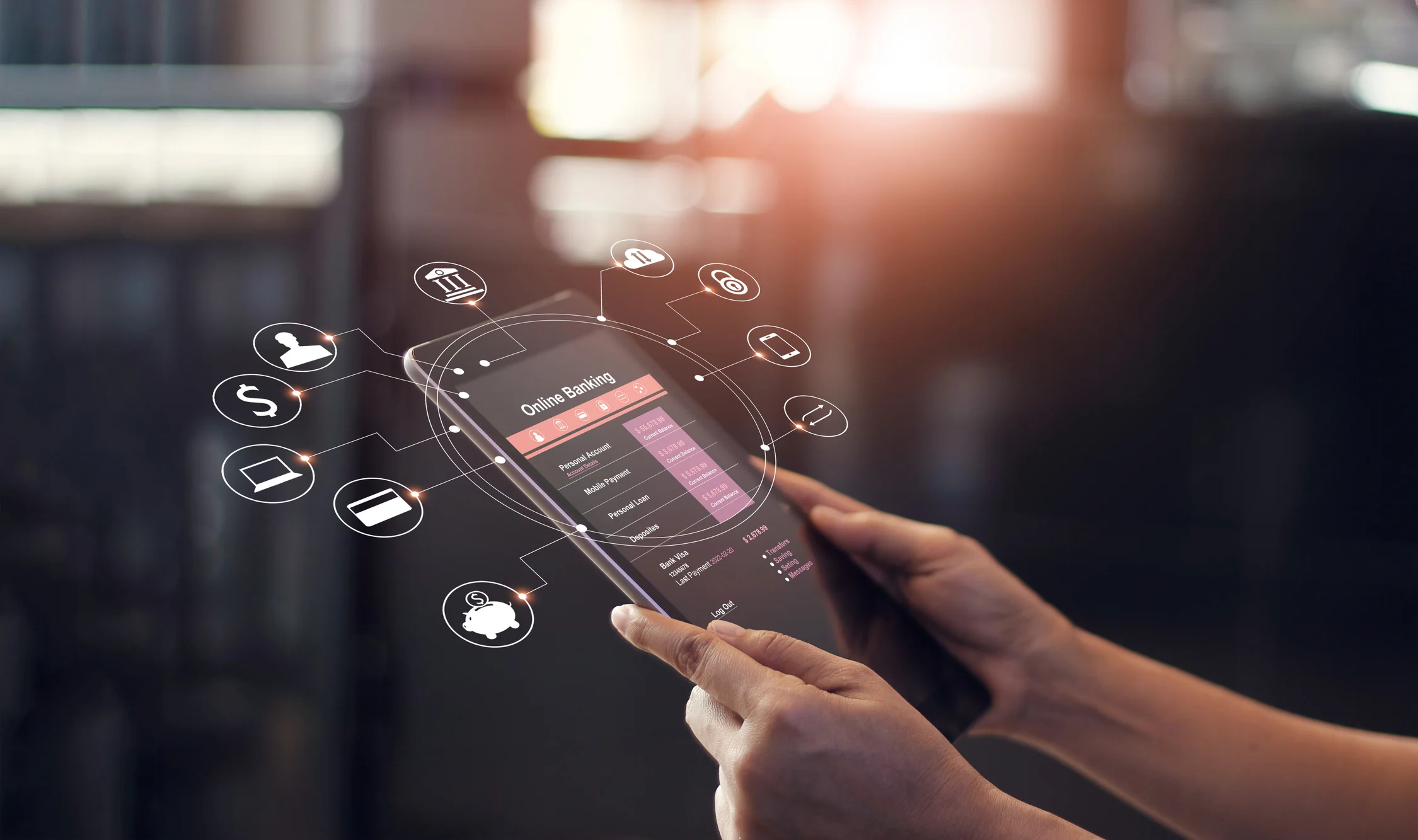Why identity matters and mobile identity matters most of all
Whether you like it or loathe it, your name is the first thing you possess to give yourself an identity. And for the early part of your life, it’s pretty much all you need.
But things get more complicated the older you get and being able to prove your identity requires much more than just a name. It is quite ironic then, that all around the world there are many millions of pre-paid mobile phone accounts where the operators know a lot about someone’s spending habits, their ability to make regular payments, and their personal interests, but don’t actually know that customer’s name.
Pre-paid mobile SIM cards and mobile accounts – in both the developed and the developing world – are often anonymous. Yet in areas not reached by traditional banking, consumers effectively use their mobile phone to prove their identity and their credit worthiness.
Now using your mobile to prove your ID is set to become big business worldwide. The banks in Europe are currently struggling with the implications of the latest Payment Services Directive (PSD2) and in particular its secure communications element. This requires greater proof of ID for all online transactions over €30 – two out of three potential elements are required. And the initial thinking that simple text messaging-based authentication would suffice to authorise transactions has proven to be misguided and ruled out by the regulators.
The best use of mobile technology to prove identity and initiate or authorise transactions is via secure interactions that require biometrics or PIN numbers to authenticate the activity. The power of the mobile phone means it is able to require a biometric or a pin number authentication at any point – or indeed multiple points – in a transaction process.
Without secure authentication methods, online stores face an unwelcome barrier to sales. PSD2 is to be welcomed – it protects consumers and it protects retailers; but it will only be welcomed if the technology to support ID verification is widely available and easy to use.
This power and flexibility of the mobile phone, together with the sheer ubiquity of the device itself, makes it the most viable solution to an escalating problem. That’s why we have been working on our Onescan solution as means of authentication that doesn’t require an app to be downloaded. Onescan simply uses the phone’s camera to trigger a secure communications process requiring PIN number or biometric authentication for every purchase.
It’s simple, fast and secure and can put verifiable ID at the heart of every transaction using a mobile phone.
Click here for more information.


